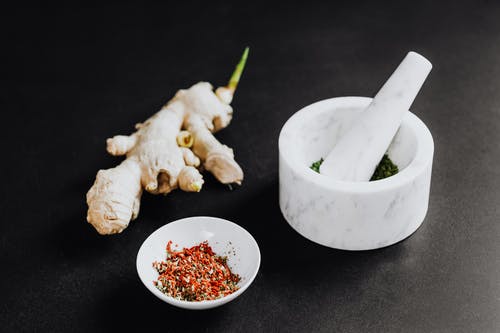Bia Analytical announces authenticity testing for garlic, cumin and ginger

Building upon its recent launch of paprika and turmeric authenticity tests, Belfast, Northern Ireland based Bia Analytical Ltd now offers an additional three new tests for garlic, cumin and ginger authenticity. The team are working to extend their product portfolio to 25 models by the end of 2021.
Garlic is one of the world’s most popular spices, vulnerabilities such as crop yield reduction caused by poor weather conditions can be an incentive for fraudsters to include adulterants such as talc, maltodextrin, corn starch etc. All of which can be detected as adulterants in garlic powder in Bia Analytical’s laboratory-based testing method. The extensively validated protocol can detect economically motivated adulteration in garlic and can be used to help protect the spice industry from fraud.
Cumin, native to India and the Middle East, can be adulterated with flours, starches and peanut/almond shells. These latter adulterants raise potential health and safety concerns. Bia Analytical have developed a lab based FTIR method to detect economically motivated adulteration and to help identify issues in the cumin supply chain.
Concerns around ginger include adulteration with spent ginger, flours and starch products. Using similar methods as its paprika and turmeric models, Bia Analytical’s ginger test uses spectroscopy with chemometric analysis, this technique also allows for the detection of spent material. This is something that cannot be offered through DNA testing methods such as next-generation sequencing.
Bia Analytical’s state-of-the-art food laboratories in Belfast carry out accurate and rapid analysis of samples, with a guaranteed three working day turnaround time, to help reduce food business’ exposure to the risk of food fraud.
Related content
Source: foodanddrinktechnology.com

